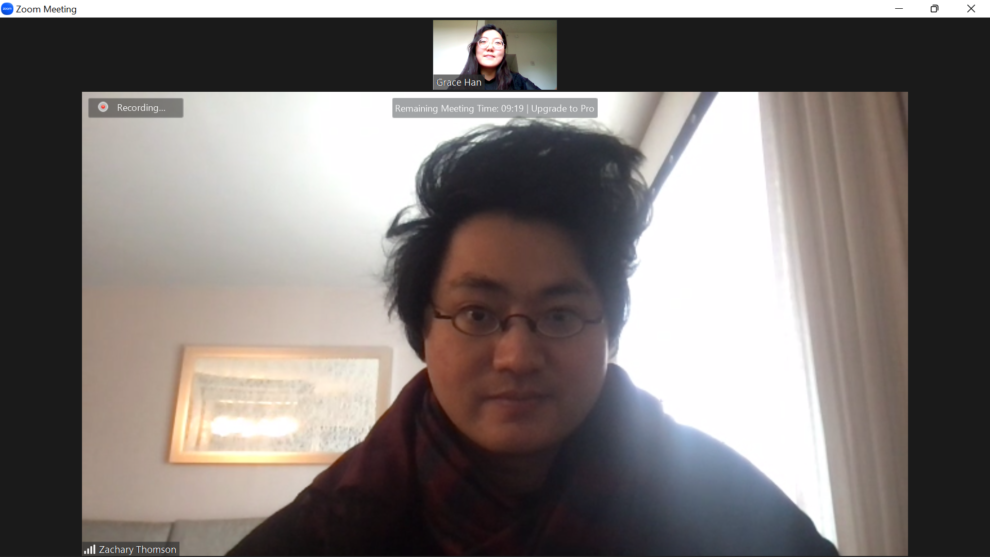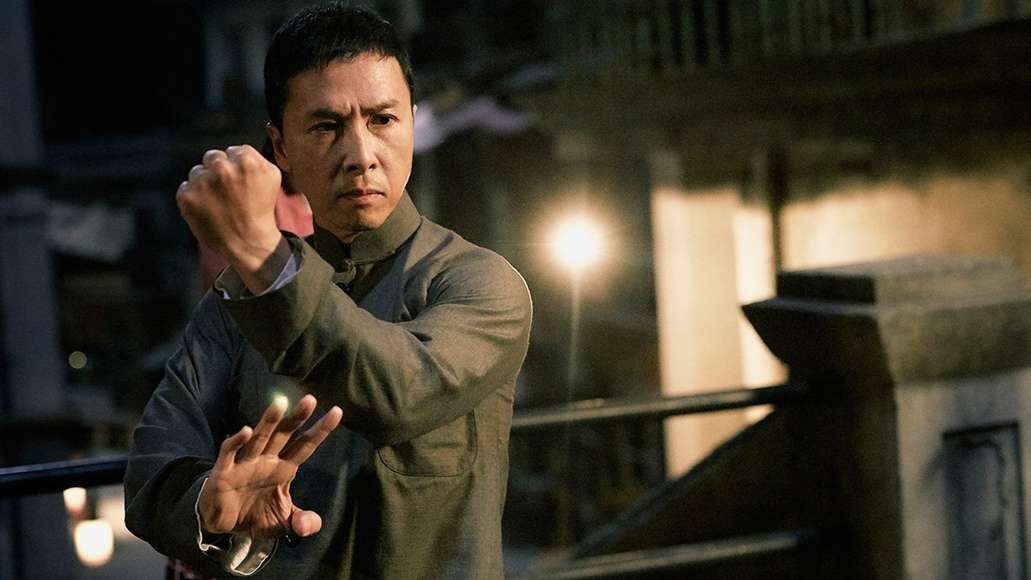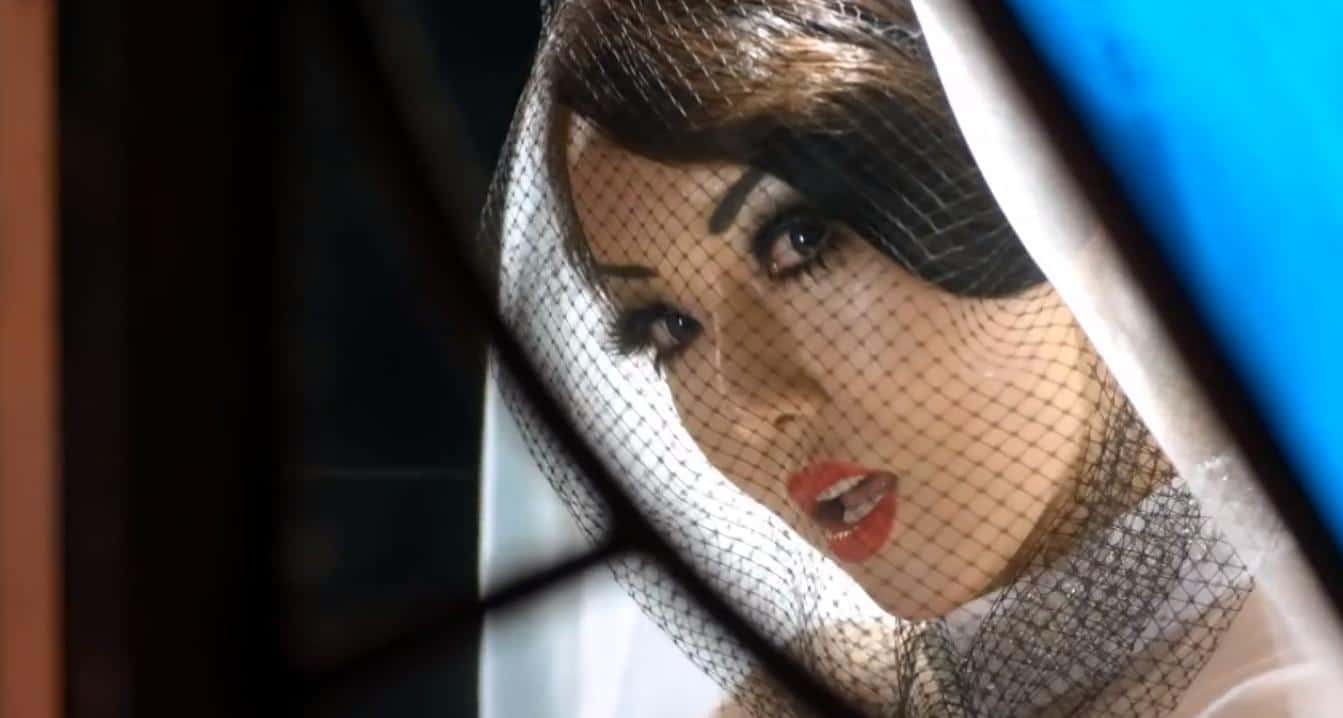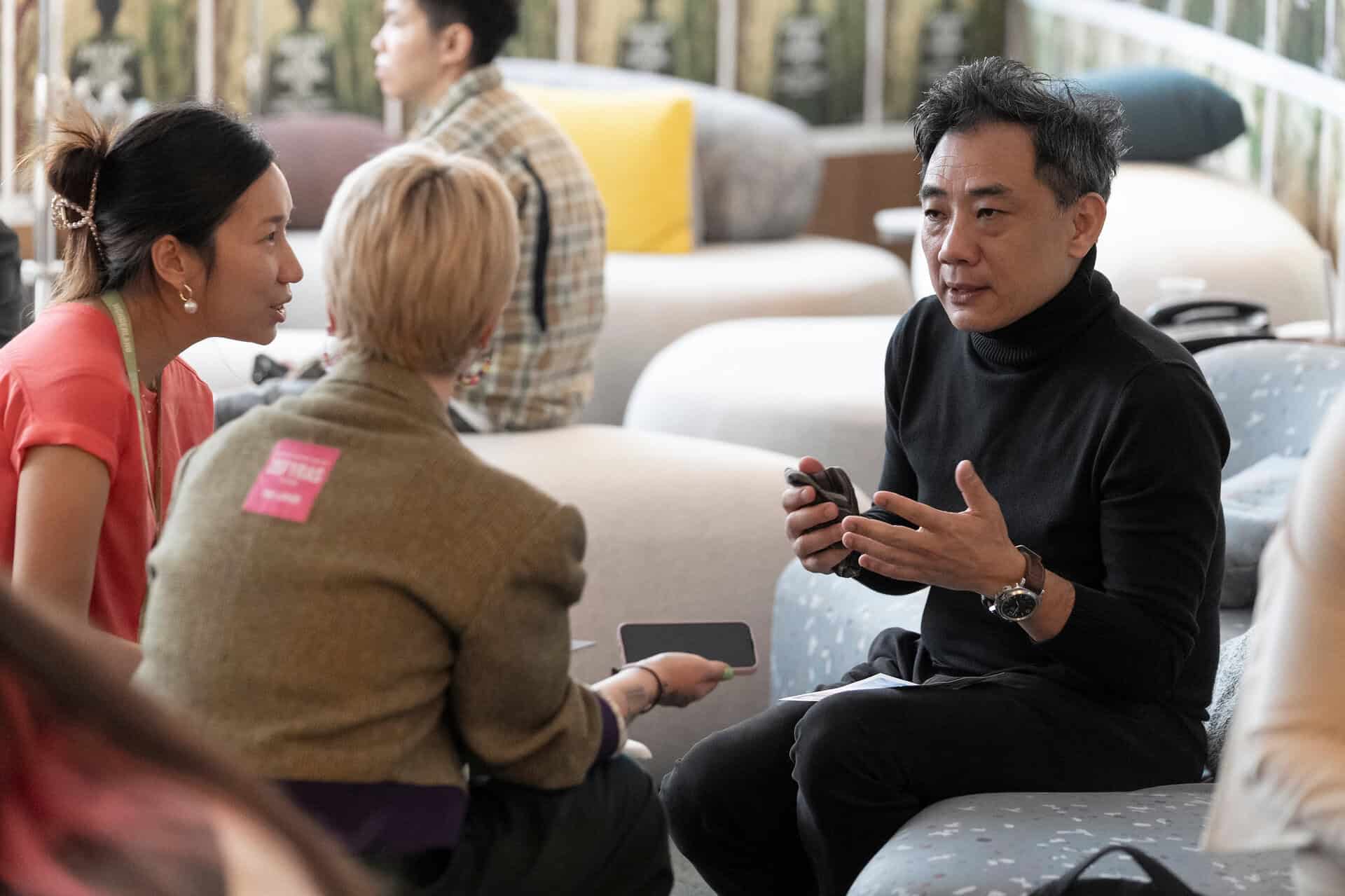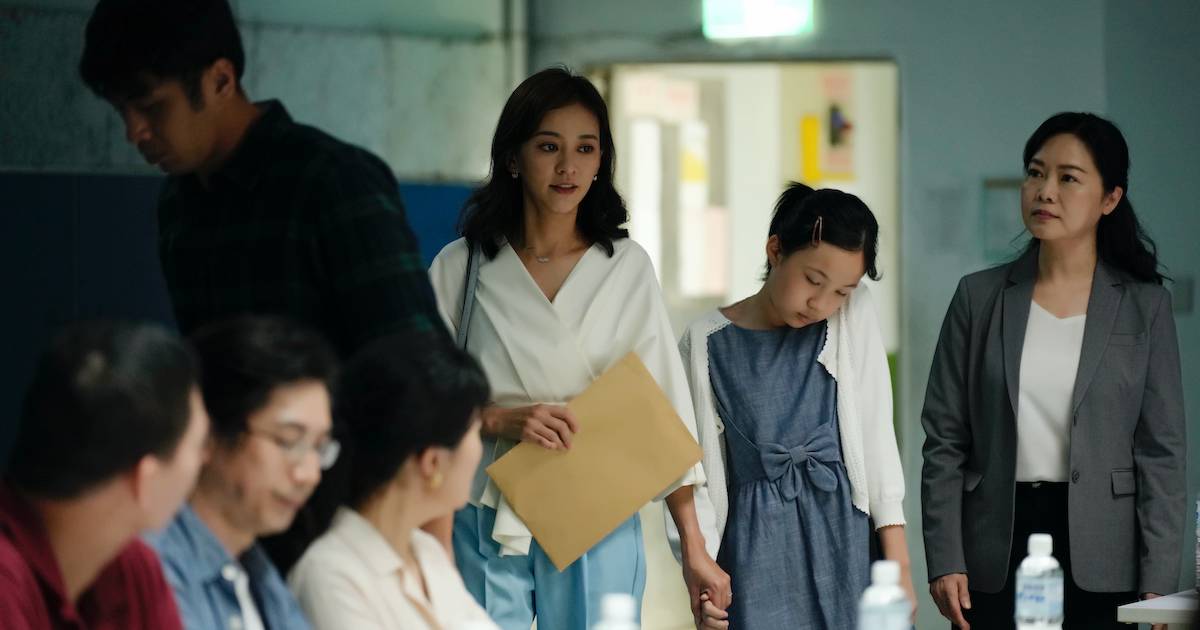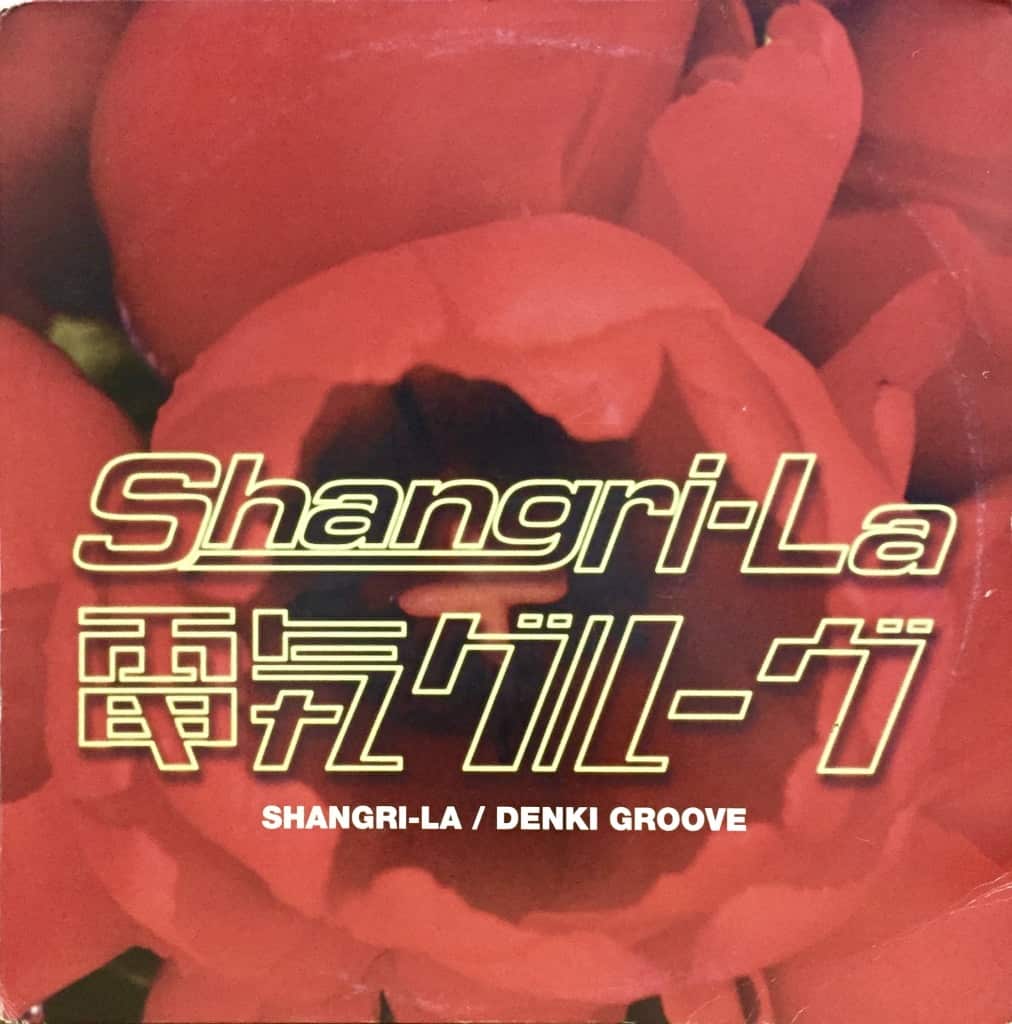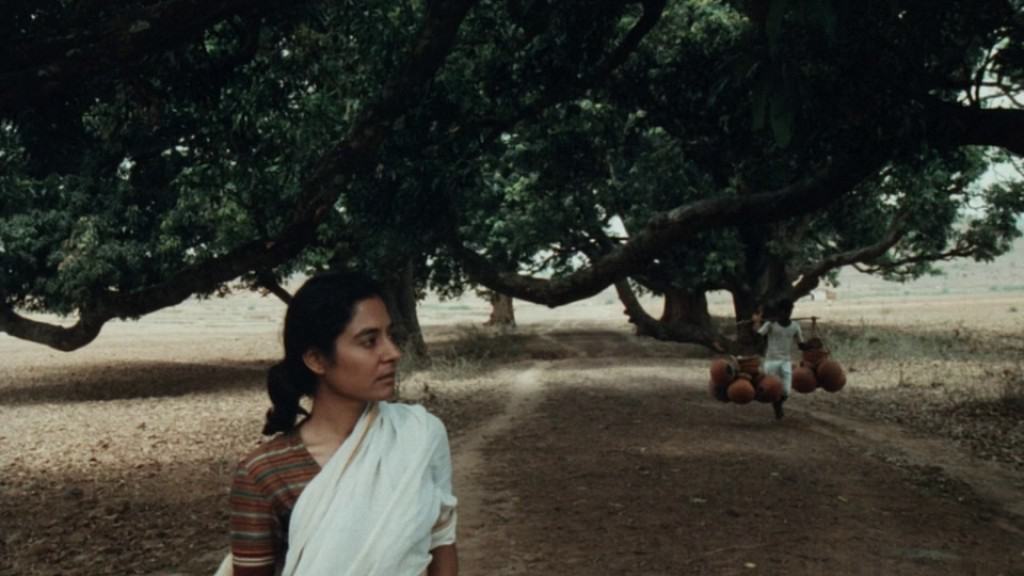When we last spoke with Davy Chou, we caught him at the debut of his sophomore film, “Return to Seoul” in Cannes. This time, we speak with him again at a different point of the movie: during its awards tour. Among the many accolades — including recognition at Cannes Un Certain Regard, Asia Pacific Screen Awards, Los Angeles Film Critics Association awards, and more — “Return to Seoul” also represented Cambodia's shortlisted bid in the Oscars' Best International Feature Film.
Though star Park Ji-min, who plays the indomitable Freddie Benoit in the film, could not make it last-minute to our conversation in San Francisco, Chou maintained his composure throughout the interview. He faced our questions headfirst through the Zoom screen. “I'm very grateful, to be honest, for the honors,” he admitted. “For a smaller production, you spend so much time doing it [without knowing how many people will watch the finished film]. There's a lot of passion, but also a lot of doubt.”
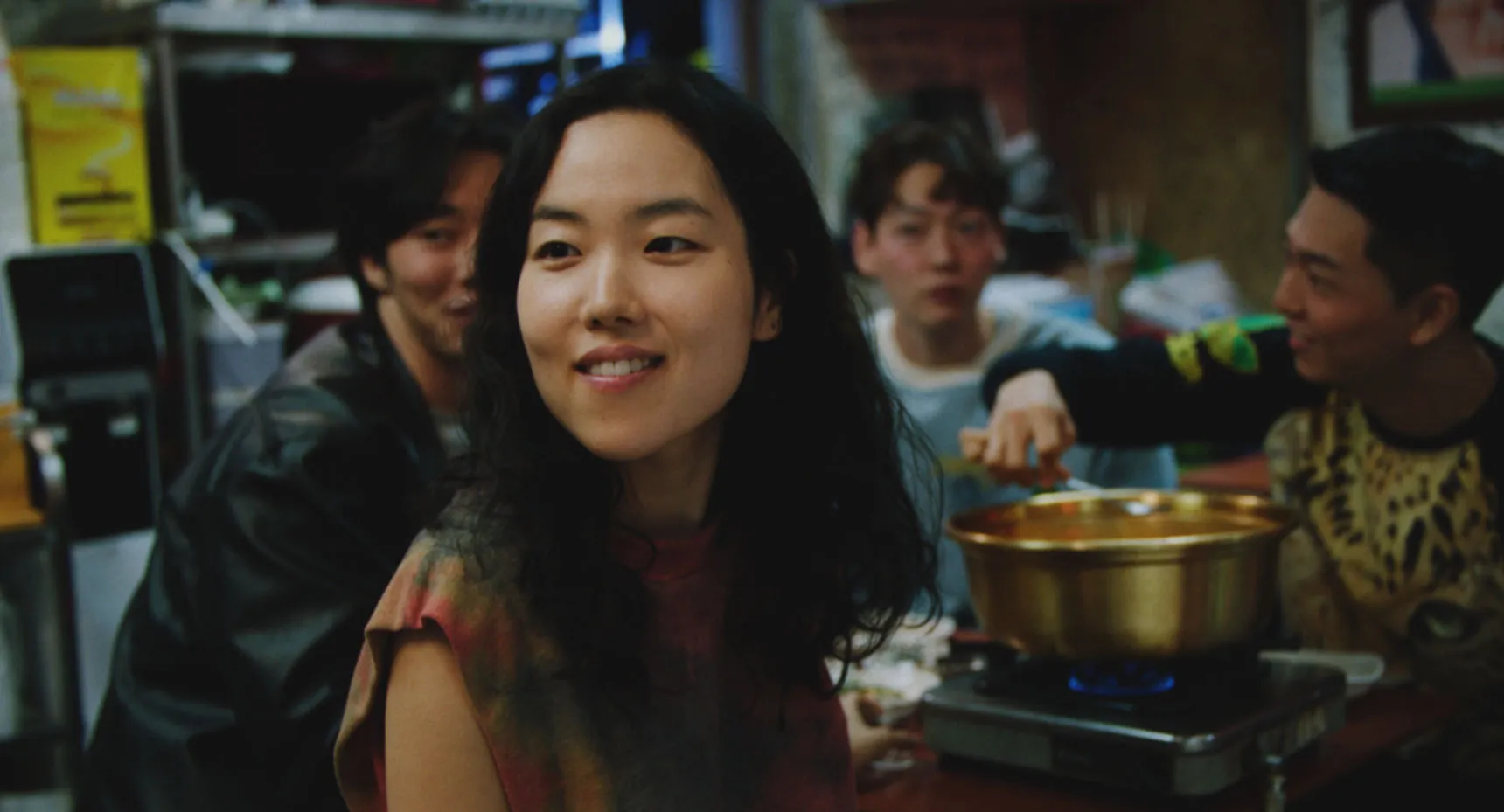
The irony of the Oscars shortlist was not lost on him, however. Even as Cambodia's Oscar nomination, “Return to Seoul” does not reference Cambodia at all. In fact – as a story about an ethnically-Korean adoptee who “comes back” to South Korea after years of living in France – the film pushes against the typical nationalist ideas of a singular nationality. “I think it's fun,” Chou says with a twinkle in his eyes. “The real theme of the film [revolves around] the question of identity and the impossibility of defining things.” He presses on to open the conversation up to the multiplicity of man. “As much as it is uncomfortable, this sort of [constant instability] is also – I find – very inspiring and liberating.”
In fact, the title of Chou's work — “Return to Seoul” — elides the stability it seems to promise. “I once thought a working title of the film could be ‘No return,” he laughs. “But I found that might be too negative for people.” Even the movie's insinuation of “Seoul” reveals a false start. “It's more of a commercial thing [to appeal to audiences],” he admits. Most of Freddie's diegetic world takes place in other Korean cities like Gunsan and Jeonju, downplaying the “Seoul” part — and on purpose. He recalls a moment when he traveled with his friend in 2011 — a Korean adoptee — who invited him to visit her biological father in Jinju. He notes that Jinju, like Gunsan, have a noticeably different, “depressed, post-industrial” flavor that departs from Korea's two largest cities. “When people see the poster of [“Return to Seoul”], they might expect to see this idea of modernity associated with Seoul or Busan. But I want this movie to show that there are many more realities in Korea. Part of Freddie's journey is to understand this complexity as well.”
“At no point did I want to make this a tourist-y film,” Chou continues. “Even though Freddie is a tourist there. That was the biggest easy trap to fall in — to make a postcard of Korea.” Instead, he claims that authenticity played a bigger role for him. Though contemporary media imply that a journey to one's roots may give us closure, Chou meditates that maybe, these sorts of soul searches lend to more questions than answers. “I wanted to show a character who constantly struggles and refuses the easy answers. Freddie's always looking for something that's more true.”
This, Chou notes, is how his movie departs from “Broker” — Hirokazu Koreeda's most recent found family drama that was shot in Korea, featured an adopting story, and, incidentally, had also premiered in Cannes in the same year. “I sometimes felt that Broker tried to find an easy sense of closure and peace, one that would console the audience. It feels like everyone is trying their very best to give this baby [who is up for adoption] a good life. As moving as that can be, I couldn't help but wonder – is that really accurate? Aside from hindsight, I'm not so sure if that sort of goodwill really exists,” he remarks.
Though Chou himself is not an adoptee, he is staunch in his search for authenticity. He recollects how he picked up details from the production process while tying in his own experience. As someone who lived in both Cambodia and France for some time, there are moments, he admits, when he finds non-locals eschewing “nuances, subtlety, and cultural differences” in communicating with one another. So he, too, tried to pay close attention to the convoluted formalities carried by the Korean language and hierarchical interactions in the trilingual (Korean, French, and English) script. Friends on set, like his artistic advisor and the head of department production design, would dispense cultural and linguistic advice. He consulted both the professional actors and non-professionals alike, going so far to ask Lim Cheol-hyeon — who plays a tattoo artist in the film and practices as such in real life — his milieu. “If you don't open yourself to discussing every detail with your cast and crew, the film could miss a sense of accuracy,” Chou says. “Filming was a constant work in progress.”
Out of curiosity, we asked if Chou considered working in Cambodia instead. “I did ask this question at one point when financing was difficult,” he admits. “We have adoption stories like this in Cambodia as well. But I wanted to tackle this specific context between Korean and French culture, where we have this clash of traditions, the patriarchal dimension, and so on. This story,” he affirms, “had to be told in Korea.”
These descriptions of national identities aside, we also delved into the topic of Freddie's own ever-changing personality. “The original title we presented with at Cannes was ‘All the people I'll never be,'” Chou recalls. This plays out in the various relationships, both friendly and romantic, in Freddie's life. In a super close-up cut between Freddie and Tena, the shot-reverse-shot sequence emphasizes their facial similarities – but also implies their “impossibility to connect.” “I find it fascinating and strange to meet the kinds of people who have the courage and force to reinvent themselves on this cyclical basis of every 2-3 years. They can decide for themselves to suddenly make their identity a skin that they can leave to take up another.”
In a way, Chou sees Freddie's coping mechanisms as an extension of Asian French discourse in the media. Whereas Asian American cinema has been taking off in mainstream media nowadays, Chou laments that Asian French discourse is still far “behind.” He recounts stories about friends who are Asian French and are type-casted into caricatured roles in France, but are given more diverse roles – as in a recent Chinese remake of Asterix – in Asia. At the moment though, Chou believes that conversations about Asian French diaspora are still early in the making. “Everything still needs to be built,” he says. “Like how the US had films like ‘Crazy Rich Asians' open the gate [to Asian American cinema], we need more movies to open ours.”
“Return to Seoul” will play in SF Bay Area theaters on 24 February 2023.


